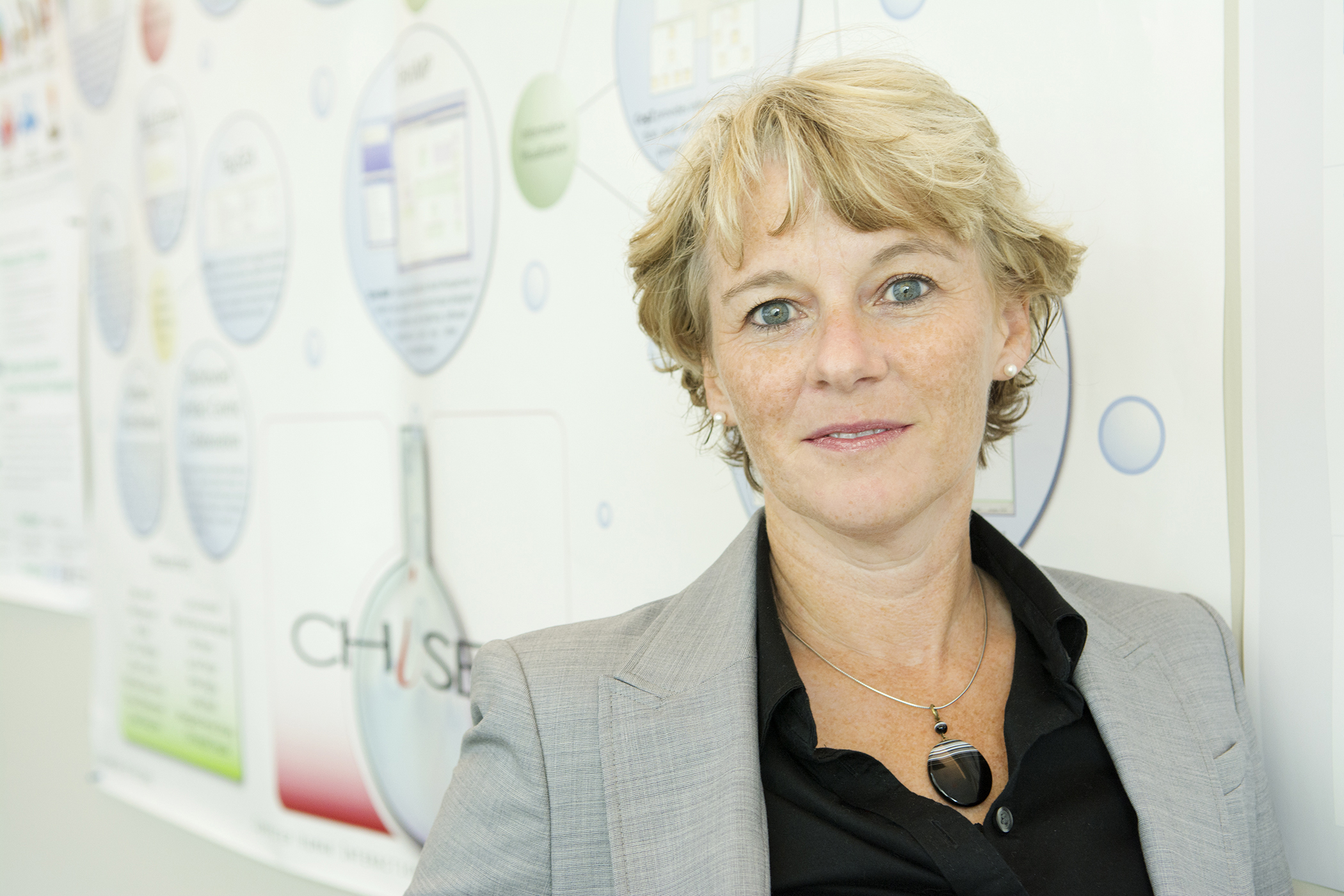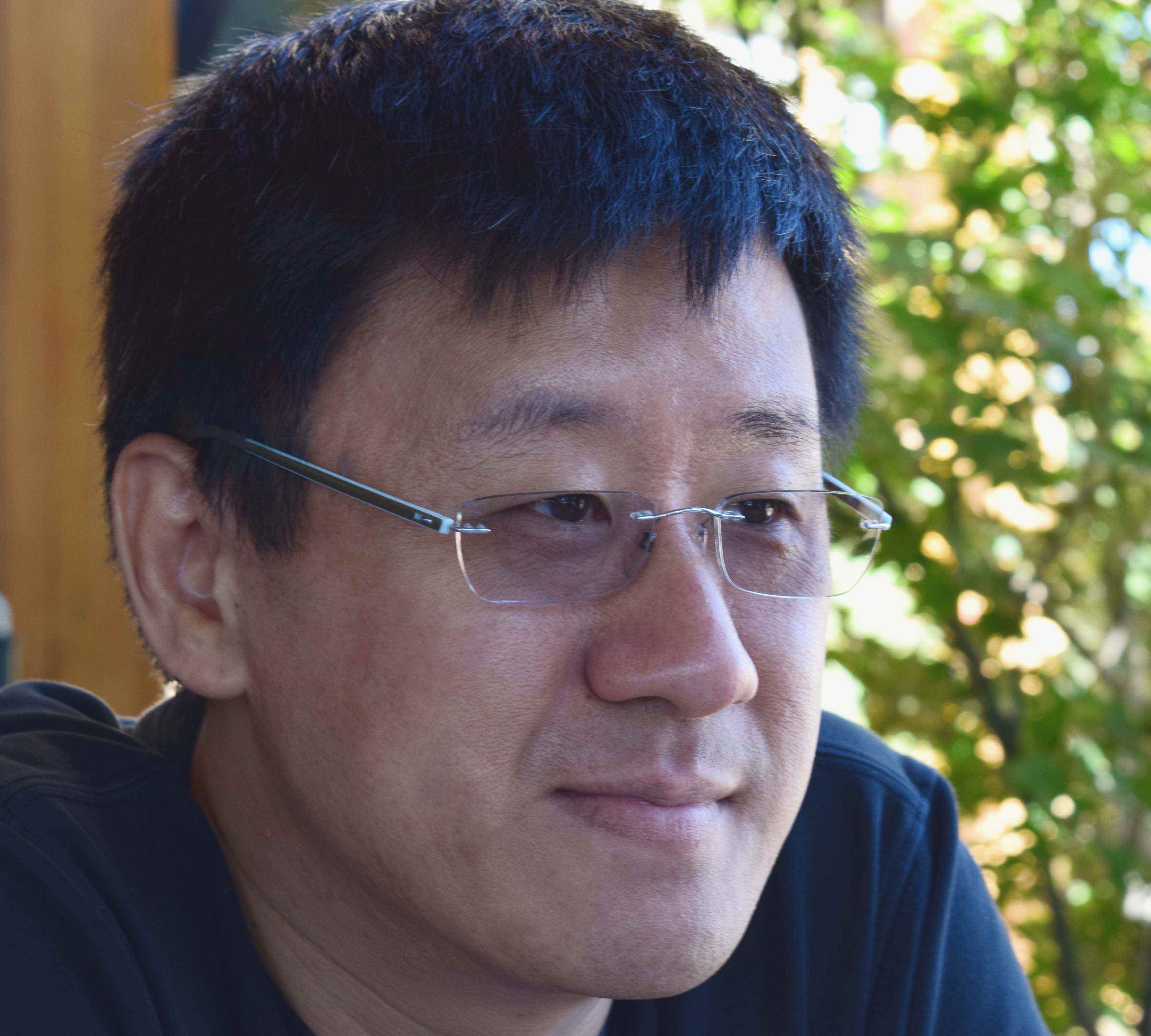

 Margaret-Anne Storey (slides, video)Topic: The Elusive Nature of Software Documentation and Why Understanding How Knowledge Flows MattersAbstract: Many developers consider writing documentation to be a painful and under-appreciated activity, yet the same developers often complain that a lack of documentation significantly hampers their work. Other developers argue that documentation is passé as developers more readily curate and exchange knowledge through networked platforms such as Slack, Twitter, and Stack Overflow. And while the savvy modern developer will know who to follow, who to ask, and where to look when they need software knowledge, finding the right knowledge at the right time remains a serious development bottleneck for many. Recognizing that these platforms contain golden nuggets of useful information, we see tremendous effort being directed at designing methods for capturing, mining, extracting, and distributing software knowledge, but will they succeed if we lack a good understanding of how knowledge flows in software development projects and communities? Through this talk, I will discuss the elusive nature of documentation and why I believe documentation will always be hard to define, capture, distribute, keep up to date, and to find, and I will argue that we should focus more on understanding, supporting, and amplifying knowledge flow in distributed software development. Bio: Margaret-Anne Storey is a Professor of Computer Science and the Director of the Software Engineering program at the University of Victoria. She holds a Canada Research Chair in Human and Social Aspects of Software Engineering and currently holds the Lise Meitner Guest Professorship at Lund University in Sweden. Her main research goal is to understand how technology can help people explore, understand, and share complex information and knowledge. She evaluates and applies techniques from knowledge engineering, social software, and visual interface design to applications such as collaborative software development, program comprehension, biomedical ontology development, and learning in Web-based environments. Dr. Storey regularly collaborates with high tech companies to ensure real-world applicability to her solutions. |
 Zhendong Su (slides, video)Topic: Toward Impactful SE Research by Taking Roads Less TraveledAbstract: The aim of this talk is to highlight that taking less traveled roads in research can lead to powerful insight and impactful results. The first part discusses select, recent instances where new perspectives have led to novel, practical attacks on difficult software engineering challenges: equivalence modulo inputs (EMI) for validating optimizing compilers and mathematical execution (ME) for analyzing floating-point code. The second part summarizes several under-explored directions to which the SE community can (and should) uniquely contribute. Bio: Zhendong Su is a Professor in Computer Science and a Chancellor's Fellow at the University of California, Davis. He received his PhD in Computer Science from the University of California, Berkeley. His research focuses on developing methodologies, practical techniques and tools for improving software quality and programming productivity. His work has been recognized with an EAPLS Best Paper Award, multiple ACM SIGSOFT Distinguished Paper Awards, an OOPSLA Best Paper Award, a PLDI Distinguished Paper Award, an ACM CACM Research Highlight recognition, an NSF CAREER Award, a UC Davis College of Engineering Outstanding Faculty Award, an IBM Software Quality Innovation Award, a Microsoft SEIF Award, and a Google Faculty Award. He served as an Associate Editor for ACM TOSEM, co-chaired the 2009 Static Analysis Symposium, program chaired the 2012 International Symposium on Software Testing and Analysis, and program co-chaired the 2016 International Symposium on the Foundations of Software Engineering. |